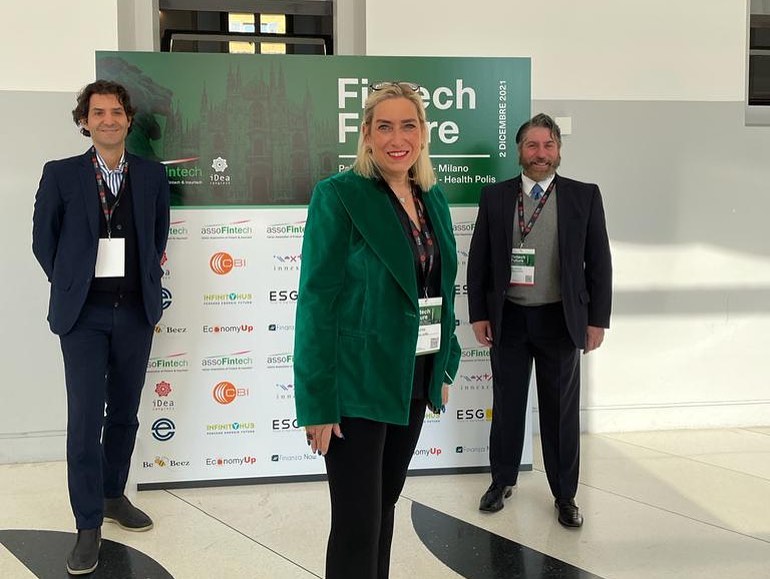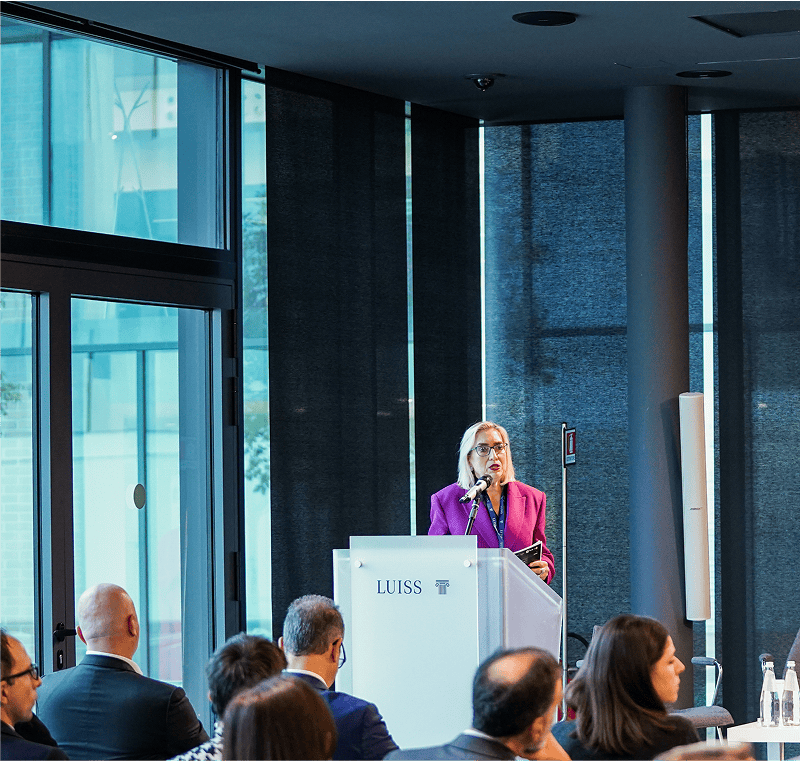The Fintech Diversity Radar 2021 research presented by Fintexable at AssoFintech’s Fintech Future has highlighted unprecedented aspects of the relationship between fintech and women, highlighting how the technological revolution in the world of finance also crosses the themes of diversity and inclusion.
The fintech revolution runs fast and crosses the themes of diversity and inclusion, with surprising and always constructive results for the countries that get involved. This is what emerges from the Fintech Diversity Radar 2021 research, produced by Fintexable and presented at Palazzo delle Stelline in Milan during AssoFintech’s Fintech Future2021.
Recently, Italy established a regulatory sandbox, i.e., in Bankitalia’s definition, “a controlled environment where supervised intermediaries and FinTech operators can test, for a limited period of time, technologically innovative products and services in the banking, financial and insurance sectors.”
The launch of a digital experiment of this kind will encourage rapid evolution of the Italian market, while guaranteeing consumer protection. The goal is to grow by maintaining a dialogue between individuals and institutions, with the development of financial services as inclusive as possible. “Today, Italy is making giant strides in Fintech – said Maurizio Bernardo, president of AssoFintech, opening the work of the conference – we are witnessing a proliferation of start-ups, but we have two needs: the action of the legislature must become more flexible and faster; we want to support a greater presence of female figures who emerge decisively at the helm of innovative projects, as is happening in this last period. Assofintech wants to contribute to an inclusive development that regains ground with respect to the gender differentials of traditional finance.”
In the wake of this commitment, for the first time in Italy an international workshop was dedicated to female perspective in Fintech. The debate, moderated by Veronica Soriano and animated by Italian Fintech experts, was attended by representatives of the Fintech Hubs of Israel, Australia, Japan, Switzerland, and Luxembourg, together with representatives of the Chambers of Commerce of the United States and Great Britain. An international comparison that is more necessary than ever to grow and contribute to the development of our country.
According to the Fintexable survey of 1,000 fintech companies worldwide, only 1.5% of companies are founded exclusively by women. Moreover, there are more men on boards of directors (the ratio is five to one) and women are often employed in areas such as human resources and marketing. Fewer than 6% of CEOs are women and less than 4% hold senior roles such as Cio or Cto. However, what is surprising and encouraging about this report is that companies outside of Europe and North America are making strides toward inclusion. There are 2.5 times more female CEOs in the Middle East than in Europe and twice as many female Coo’s in Africa than the global average.
According to McKinsey’s Diversity and Inclusion report, since 2015 companies with active gender diversity policies are 25% more likely to achieve financial returns above the national and industry median. Moreover, Credit Suisse’s latest Gender 3,000 report shows a correlation between gender diversity and stock price outperformance, a “diversity premium” of, on average, 200 basis points. Diversity and inclusion, then, are not only essential aspects of corporate welfare, but also strategies that produce excellent financial and business results.
Related to this is another central theme for the fintech industry: financial inclusion. To date, 1.7 billion adults worldwide still live outside of formal financial mechanisms. Gender inequalities are wide: 72% of men have personal accounts, compared to 65% of women. The pandemic has prompted many fintech innovators to expand methods of accessing finance, but low-income women remain more disadvantaged than ever. And yet, women are the key to economic recovery: if the gender gap in the economy were reduced to zero, UN and IMF claim, global GDP could increase by $28 trillion by 2030.
It’s time to make a commitment: we need a transparent, shared platform to determine how the success of companies committed to reducing the gender gap will be measured. The industry needs all its participants to step up and demonstrate how to improve women’s participation and visibility through hiring, education, and retention efforts. Investors, incubators, and accelerators now know that a diverse workforce brings better business outcomes, and this will trigger a virtuous cycle in terms of funding, allowing women to emerge as leaders, entrepreneurs, startuppers, employees and customers.
Hiring women also helps companies better understand their customers: many of the respondents cited in the Fintech Diversity Radar report said their companies deliberately create gender-diverse teams to ensure that the design of their products and services reflects a diverse gender perspective. This practice comes from years of experience and is also backed by solid research. More diversity means more innovation and a more resilient company.











